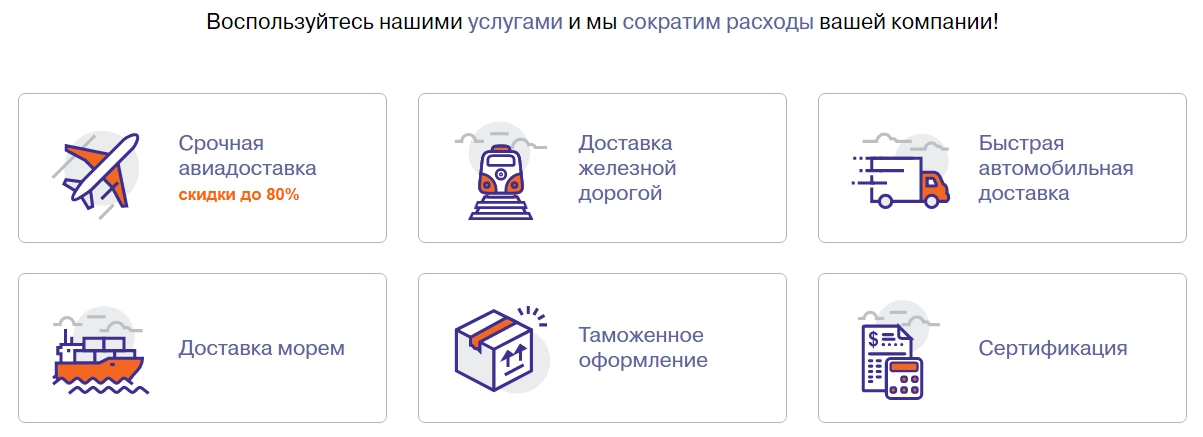How Self-operating Technologies are Transforming Cargo Transport
How Self-operating Technologies are Transforming Cargo Transport
Blog Article
The distribution sector, particularly shipment transport, is undergoing a remarkable shift, fueled by the relentless advancement of self-operating solutions. As companies compete for optimization and swiftness in delivery processes, robotization positions itself at the leading edge of this innovation, revolutionizing how products move across the world. From self-driving trucks to intelligent tracking systems, the evolution of this industry is evident, providing substantial enhancements in speed, reliability, and cost-effectiveness.
Enhancing Optimization with Mechanization
At the core of this digital boom sits the integration of automation in freight transport systems. Old-fashioned techniques often struggled under the pressure of lagging processes and manual error. However, contemporary self-operating technologies offer intelligent strategies that streamline workflows.
One noteworthy advancement is in the domain of aerial delivery, where autonomous technology assists in handling intricate logistical tasks that entail pathway planning and aviation flow regulation. This not only accelerates the process but also bolsters safety by eliminating potential human errors.
Advanced tracking systems are another boon. Current tech facilitates for live observation of deliveries, which provides businesses and end-users informed about the status of their goods at all times. This transparency is invaluable in building confidence and reliability in cargo shipping services.
Minimizing Overheads and Optimizing Regulatory Processes
AI-powered systems extends into the complex workflows of customs processing, typically a bottleneck for freight movement due to its complex regulations and likely delays.
Advanced self-operating frameworks equipped with data-driven insights technologies can rapidly evaluate large volumes of documentation and guarantee alignment with regulations quicker than in the past. This cutting down in time cuts down on overhead expenditures substantially, demonstrating a immediate cost-benefit that companies can utilize.
Transforming Freight Management with AI-driven Insights
Furthermore, the implementation of data analytics restructures the strategy toward logistics and customs. By examining past records and real-time market shifts, AI-powered frameworks anticipate issues and streamline workflows to be more consistent and seamless.
Enterprises tracking instant information can make well-calculated choices that automatically mitigate challenges related to import-export processing lags.
Eco-Friendly Impact
Self-operating systems also support positively to environmental sustainability in cargo transport. More optimized and well-planned navigation calculation lowers unnecessary fuel expenditure and cuts down harmful emissions.
Self-driving transport vehicles are increasingly compatible with eco-friendly power solutions and hybrid power, aligning logistics shipping activities with broader eco-conscious initiatives.
Improving Customer Loyalty
The self-operating system improves not just supply chain productivity but also customer experience. The ability to observe orders in real time, experience fewer delays, and enjoy lowered costs enhances customer journey positively.
Rapid, clear, and seamless delivery models are more likely to encourage customer retention and repeat orders, demonstrating that modern innovation is indispensable in present cargo transport models.
Furthermore, as AI systems handle routine tasks more effectively, businesses can redirect human capital to areas demanding critical thinking and planning, consequently improving operational quality as a whole.
Facing Ahead: The Self-Operating Horizon
The groundbreaking effect of automation in logistics delivery promises an promising future for supply chain. As companies advance to harness these systems, they improve their competitive edge by offering quicker, safer, and more cost-effective transportation approaches.
Sustainability developments further extend the appeal of AI-powered systems, synchronizing market practices with green strategies.
A New Era in Logistics Delivery
In summary, the integration of machine-powered solutions in freight transport unleashes a myriad of possibilities aimed at making transport not only quicker but also more reliable and less costly.
The calculated leveraging of Big Data in optimizing border clearance procedures further accentuates the performance of automated solutions in reshaping conventional supply chain environments.
AI Integration: The Coming Wave of Logistics Delivery
Logistics movement is moving decisively into a progressive phase driven by automation—a testament to society’s continuous quest of progress.
With ongoing developments, the potential to revolutionize worldwide trade dynamics continues, signaling an hopeful trajectory towards an integrated and streamlined future in cargo shipping.
More details about tamozhennoe oformlenie view this popular website: click.